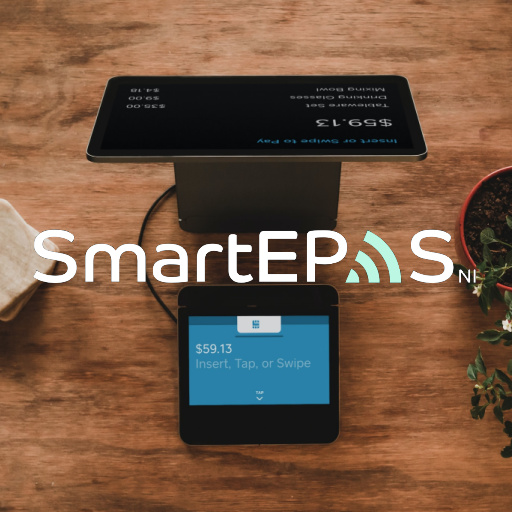The Great Resignation affects restaurants big and small and shows no sign of letting up. According to Restaurant Business, restaurant employment has been down about 8% since the pandemic began, and the industry has already lost over one million workers. “The pandemic was a heart attack, the labor situation is a degenerative disease,” said Peter Romeo, Editor-At-Large of Restaurant Business, on the podcast “A Deeper Dive.”
As Reuters reported, , with quit rates reaching an all-time high, restaurants are implementing new initiatives to retain their existing employees. Higher pay, better working conditions and flexible hours are just a few ways restaurants incentivize employees to stay. However, many businesses still struggle to get new labor in the door.
To accommodate The Great Resignation, restaurants have made several operational changes, including limiting hours of operation, reducing dining capacity, increasing menu prices and removing menu items. However, these changes negatively impact the customer experience and are not sustainable in the long run. Meanwhile, self-ordering technology fills these service gaps in restaurants while driving incremental revenue.
Research from Deloitte shows that 70% of consumers prefer to order using self-ordering technology rather than ordering from a cashier. Given the ongoing labor shortage, restaurants have to adapt their business models. They will likely have to either increase prices, make operational changes or find other ways to maximise efficiency, such as implementing self-ordering technology like the SmartEpos Kiosk Solution.
The one-time cost of a kiosk is a fraction of the price of carrying an employee. On average, a cashier at a quick-service restaurant open 15 hours per day will cost more than £4200 per month. In contract the SmartEposni kiosk powered by Revel systems will cost around£1299 upfront and £79 per month for SaaS.What’s more, kiosks are ready to work 24/7/365, meaning restaurants can more adequately meet consumer demand—all while saving on staffing costs.
In addition, while restaurants often have little success pushing upsells with their cashiers, The SmartEpos platform is designed to offer the perfect upsell every single time. Deploying kiosks allows operators to shift staff resources to improve other functions of the restaurant, too. For example, replacing a cashier with a kiosk in a quick-service restaurant allows that worker to be moved to the production line, increasing throughput and driving more revenue. SmartEposni’s core belief is that the cashier is obsolete; eliminate the cashier position and replace it with a self-ordering kiosk to run your business more efficiently with fewer employees.
Implementing kiosks also allow restaurants to streamline efficiency, leading to a reduction in average transaction time. Self-ordering kiosks minimise human contact, eliminate ordering errors and enable businesses to implement integrations, such as loyalty programs and discount codes. SmartEposNi’s loyalty integrations enable companies to capture data about consumer history to execute suggestive selling and communicate more efficiently with the consumer. Using Revel Systems technology, restaurant operators add value to their experience and encourage repeat visits.
In sum, given the ongoing staffing challenges and staffing issues that create long lines, self-ordering kiosks allow guests to order and eat their food quickly. This, in turn, helps the restaurant, which would have otherwise lost out on the customer, while also providing the customer with gamified order experience where they are more likely to select an upsell item or join a loyalty program as it pops up to them on a screen. As a result, businesses can run their restaurant with fewer employees while simultaneously adding to their bottom line.



